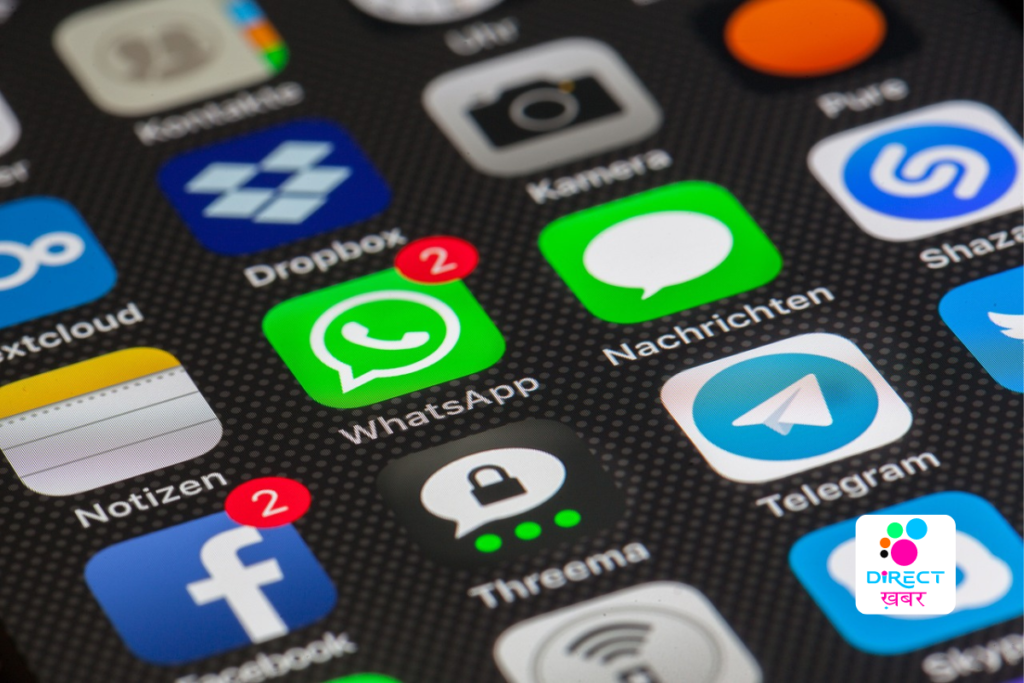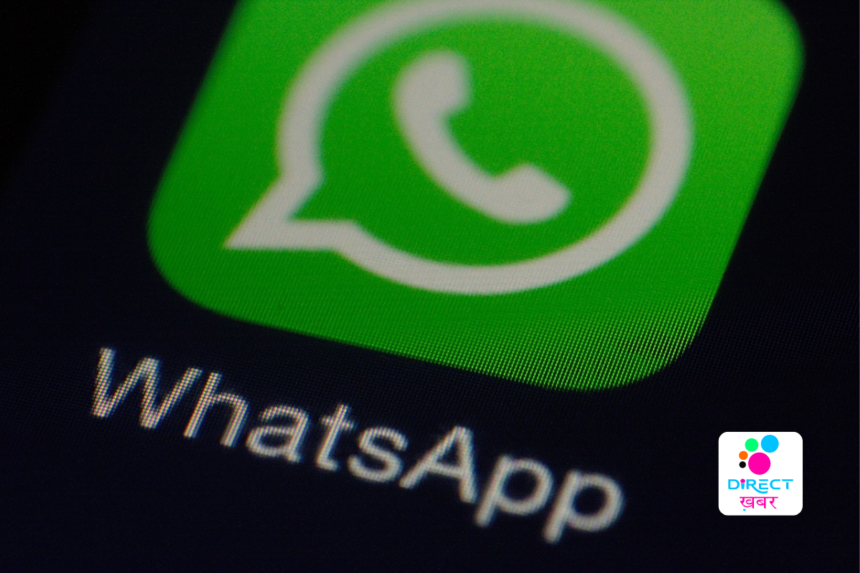WhatsApp Outages Reported Across US and Several Other Countries
In a sudden turn of events, WhatsApp, the widely-used messaging platform, faced a worldwide outage, leaving users across the United States, India, Brazil, and several other countries stranded without access to the app’s services. The outage, which occurred on Wednesday morning, April 3, led to a surge in complaints, with over 10,000 incidents reported on DownDetector. As the problem persisted, social media platforms witnessed a flurry of activity, with hashtags like #WhatsApp and #WhatsAppDown quickly gaining traction.

Users turned to platforms like X (formerly Twitter) to vent their frustrations and seek updates on the situation. WhatsApp’s official X account acknowledged the issue, assuring users that the team was working diligently to resolve the problem and restore services to full functionality.
The impact of the outage extended beyond WhatsApp, affecting other Meta-owned platforms like Facebook and Instagram. Reports flooded in from users experiencing difficulties in uploading images and media. Netblocks, a digital rights group, confirmed the widespread nature of the outage, ruling out localized internet disruptions or filtering as the cause.
In response to the crisis, Meta issued a statement through its Meta Status service page, acknowledging the outage and assuring users that engineering teams were actively investigating the issue. Despite the reassurances, frustration mounted among users, many of whom turned to X to share memes and humorous anecdotes about the situation.
The outage underscored the reliance of billions of users on WhatsApp and other Meta-owned platforms for communication and social interaction. It also highlighted the interconnectedness of today’s digital landscape and the potential ripple effects of technical glitches on a global scale.

As users grappled with the sudden disruption, they found solace in community forums and social media platforms, where they shared their experiences, exchanged tips on alternative communication methods, and, in true internet fashion, turned the outage into a meme-worthy event.
In the aftermath of the outage, questions lingered about the root cause of the problem and the steps taken by Meta to prevent similar incidents in the future. While the outage served as a reminder of the fragility of digital infrastructure, it also showcased the resilience of online communities in navigating unexpected challenges.
Despite the inconvenience caused by the outage, it served as a catalyst for reflection on the role of technology in our lives and the importance of diversifying communication channels to mitigate the impact of potential disruptions. As WhatsApp and other platforms worked to restore normalcy, users around the world awaited updates and hoped for a swift resolution to the crisis.

The global WhatsApp outage was a stark reminder of the interconnectedness of today’s digital world and the vulnerability of even the most widely-used platforms to technical glitches. However, it also demonstrated the resilience of online communities and the power of social media in connecting people during times of uncertainty. As users navigated the outage with patience and humor, it served as a testament to the strength of human connection in overcoming unexpected challenges in the digital age.






